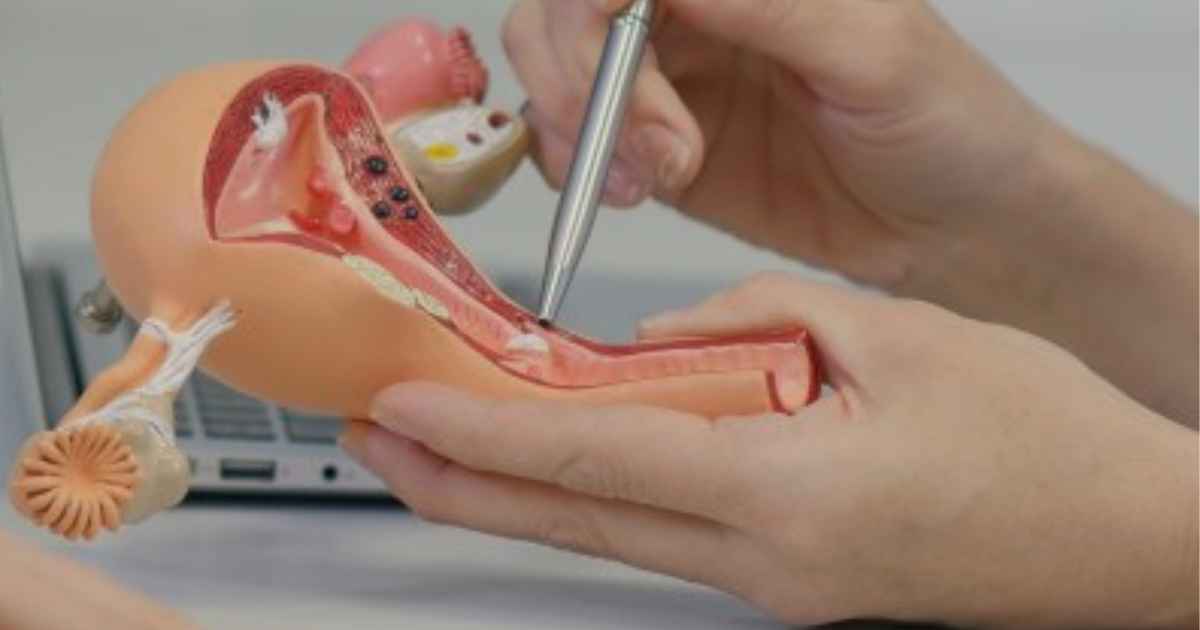Uterus pain is a common complaint among women in the early stages of pregnancy. While often harmless, it’s essential to understand the difference between normal discomfort and potential complications. This article will explore the various causes of uterus pain when to seek medical attention and effective management strategies.
Causes of Uterus Pain in Early Pregnancy
As your body undergoes significant changes to accommodate a growing baby, it’s natural to experience some discomfort. Here are the common culprits behind uterus pain in the first trimester.
- Stretching of the uterus: As your uterus expands, the surrounding ligaments may stretch, causing mild to moderate pain.
- Gas or constipation: Hormonal fluctuations can lead to digestive issues, resulting in bloating and discomfort that may mimic uterus pain.
- Hormonal Changes: The increase in hormones, particularly progesterone and estrogen, can lead to uterine contractions and mild cramping. These contractions are often known as Braxton Hicks contractions, although they usually occur later in pregnancy.
- Implantation: When the fertilized egg attaches itself to the uterine lining, it can cause mild cramping or spotting. This typically happens around 6-12 days after conception.
- Growing Uterus: As your uterus expands to make room for your growing baby, it can stretch the surrounding ligaments, causing discomfort. This pain is often described as a dull ache or pulling sensation.
- Other Potential Causes: Factors like constipation or urinary tract infections can mimic uterus pain.

Mild vs. Intense Uterus Pain
Differentiating between mild and intense uterus pain is crucial.
- Mild uterus pain: Often described as cramping or a dull ache, it’s typically caused by stretching ligaments or digestive issues. Self-care measures usually suffice.
- Intense uterus pain: Severe, sharp, or persistent pain accompanied by bleeding, fever, or dizziness requires immediate medical attention.
When to Worry About Uterus Pain
While some discomfort is normal, certain signs indicate potential complications.
- Severe or persistent pain
- Pain accompanied by bleeding.
- Fever
- Dizziness
- Abdominal tenderness
- Pain radiating to your shoulder
If you experience any of these symptoms, consult your healthcare provider promptly.
Is it Round Ligament Pain?
Round ligament pain is a common cause of discomfort during early pregnancy. It occurs when the ligaments supporting the uterus stretch, often resulting in sharp pain in the lower abdomen. While uncomfortable, it’s generally harmless.

Potential Complications
In some cases, uterus pain can signal more serious issues.
- Miscarriage: Characterized by cramping, bleeding, and tissue passing.
- Ectopic pregnancy: Pain, often on one side, can be severe and requires immediate medical attention.
How to Manage Uterus Pain in Early Pregnancy
Many women find relief through self-care strategies.
- Rest: Allow your body to recuperate.
- Hydration: Drink plenty of water to prevent constipation.
- Warm compresses: Apply gentle heat to the abdomen for soothing relief.
- Over-the-counter pain relievers: Acetaminophen may help, but consult your doctor first.
- Avoid heavy lifting: Reduce physical strain.
- Proper posture: Maintain good posture to alleviate pressure.
- Dietary adjustments: Increase fiber intake and avoid gas-inducing foods.
- Pelvic rest: Avoid strenuous activities.
Remember: If you’re concerned about uterus pain, consult your healthcare provider for accurate diagnosis and guidance.
Disclaimer: This information is intended for general knowledge and informational purposes only and does not constitute medical advice. Always consult with a qualified healthcare professional for any medical conditions or concerns.